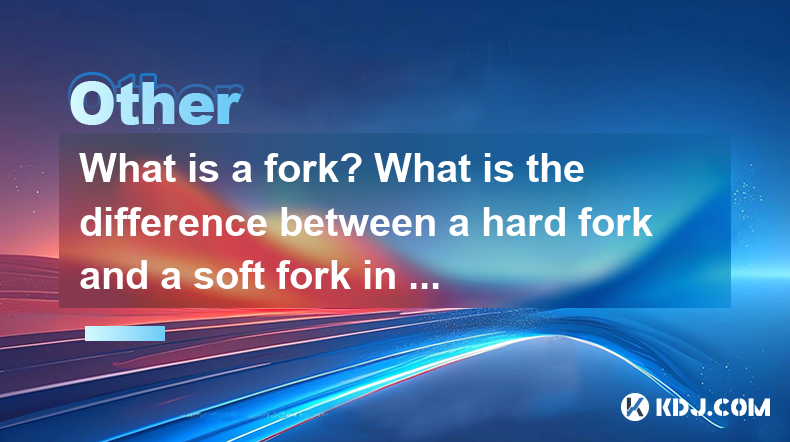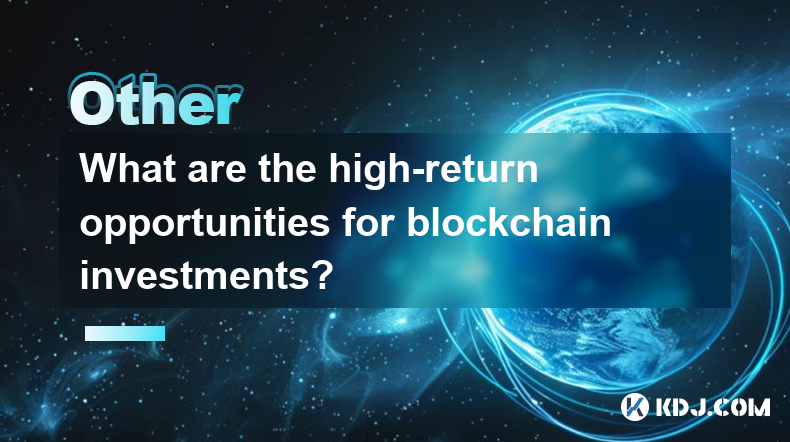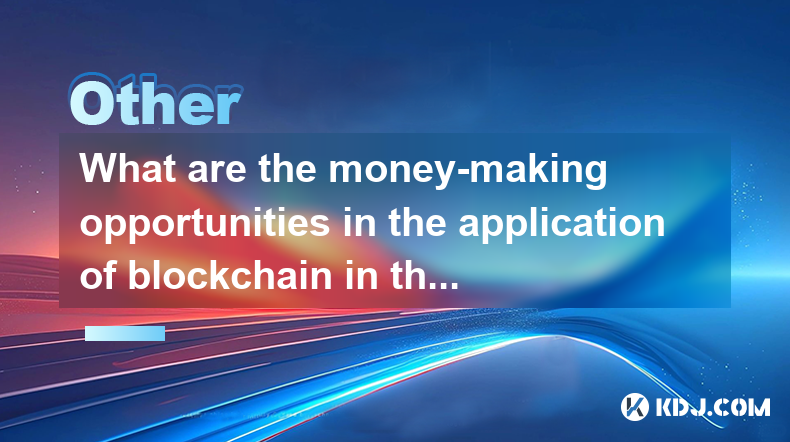-
 Bitcoin
Bitcoin $79,557.5233
-4.15% -
 Ethereum
Ethereum $1,621.4541
-9.44% -
 Tether USDt
Tether USDt $0.9994
-0.02% -
 XRP
XRP $1.9973
-6.12% -
 BNB
BNB $555.1591
-6.26% -
 USDC
USDC $0.9999
0.00% -
 Solana
Solana $107.9107
-9.44% -
 Dogecoin
Dogecoin $0.1520
-9.57% -
 TRON
TRON $0.2335
-1.80% -
 Cardano
Cardano $0.5889
-9.29% -
 UNUS SED LEO
UNUS SED LEO $8.8794
-1.87% -
 Toncoin
Toncoin $3.0652
-5.67% -
 Chainlink
Chainlink $11.5147
-9.14% -
 Stellar
Stellar $0.2400
-4.01% -
 Avalanche
Avalanche $16.3792
-8.68% -
 Shiba Inu
Shiba Inu $0.0...01137
-7.20% -
 Sui
Sui $1.9576
-11.41% -
 Hedera
Hedera $0.1433
-11.17% -
 Polkadot
Polkadot $3.7257
-5.27% -
 MANTRA
MANTRA $5.9545
-5.07% -
 Litecoin
Litecoin $72.7435
-11.51% -
 Bitcoin Cash
Bitcoin Cash $274.8473
-8.05% -
 Dai
Dai $0.9999
-0.02% -
 Ethena USDe
Ethena USDe $0.9986
-0.05% -
 Bitget Token
Bitget Token $4.1799
-5.82% -
 Pi
Pi $0.5983
1.73% -
 Monero
Monero $201.0669
-5.69% -
 Hyperliquid
Hyperliquid $10.4496
-11.56% -
 Uniswap
Uniswap $5.1916
-10.64% -
 OKB
OKB $50.4885
-2.17%
What is a fork? What is the difference between a hard fork and a soft fork in a blockchain?
Blockchain forks, either hard or soft, split a blockchain's history, creating separate chains. Hard forks necessitate software upgrades and generate new cryptocurrencies, unlike backward-compatible soft forks.
Mar 15, 2025 at 04:46 am

Key Points:
- A fork in a blockchain occurs when the blockchain's history diverges, creating two separate chains.
- Hard forks involve incompatible changes to the blockchain protocol, requiring users to upgrade their software. This results in two separate and independent cryptocurrencies.
- Soft forks introduce backward-compatible changes, allowing older software to still interact with the updated blockchain. This generally doesn't create a new cryptocurrency.
- Both hard and soft forks are used to improve the blockchain, implement new features, or resolve security vulnerabilities. However, they differ significantly in their implementation and consequences.
What is a fork?
A fork in the context of blockchain technology refers to a divergence in the blockchain's history. Imagine a single road splitting into two; this is analogous to a fork. This split happens when a significant portion of the network disagrees on the valid state of the blockchain. This disagreement typically stems from disagreements over protocol upgrades or changes to the consensus mechanism. The result is two separate chains, each potentially with its own set of rules and participants.
Hard Fork vs. Soft Fork
The key difference lies in backward compatibility. A hard fork introduces changes that are not backward compatible. Nodes running older software cannot process blocks created by the new ruleset, and vice versa. This effectively creates a new, independent cryptocurrency. For example, Bitcoin Cash (BCH) is a hard fork of Bitcoin (BTC). This means that BCH transactions are not valid on the BTC network and vice versa. A hard fork can occur intentionally or unintentionally, often as a result of significant disagreements within the developer community.
Understanding Hard Forks in Detail
A hard fork necessitates an upgrade to the software. Users must choose which chain to support – the original or the forked one. This choice has significant implications as it dictates which cryptocurrency they possess and which network they participate in. The new cryptocurrency created by a hard fork usually has its own distinct token and can trade independently on exchanges. Hard forks are often used to introduce major upgrades or to resolve significant security vulnerabilities.
How Hard Forks Impact Cryptocurrency
The impact of a hard fork on the cryptocurrency ecosystem can be significant. Existing holders of the original cryptocurrency will often receive the new cryptocurrency created by the hard fork. The distribution mechanisms vary depending on the specific hard fork. The price of both the original and the forked cryptocurrency can fluctuate dramatically following the fork due to market speculation and uncertainty. The community around the original cryptocurrency may also split, with some users migrating to the new chain.
Soft Forks: A Gradual Transition
In contrast, a soft fork introduces changes that are backward compatible. Nodes running older software can still process blocks created with the updated ruleset, although they might not be able to create blocks using the new features. Essentially, the new rules are a superset of the old ones. This ensures smooth transitions and prevents network fragmentation. Soft forks are commonly used to implement minor upgrades, bug fixes, or to improve the efficiency of the network without disrupting its operation.
Soft Forks and Their Applications
Soft forks are generally less disruptive than hard forks. They allow for gradual improvements to the blockchain without requiring a complete network upgrade. This reduces the risk of network division and maintains a consistent blockchain history. Examples of soft forks include the Segregated Witness (SegWit) upgrade on the Bitcoin network. This improvement enhanced transaction capacity and scalability without requiring a complete network split.
Differences Summarized: Hard Fork vs. Soft Fork
| Feature | Hard Fork | Soft Fork |
|---|---|---|
| Compatibility | Incompatible | Backward compatible |
| Network Split | Creates a new, separate blockchain | No network split |
| Software Upgrade | Required for both old and new block processing | Not required for processing new blocks |
| Impact | Significant, potentially creating new crypto | Relatively minor, improving efficiency |
| Example | Bitcoin Cash (BCH) from Bitcoin (BTC) | SegWit on Bitcoin |
Common Questions and Answers:
Q: What happens to my coins after a hard fork?
A: Typically, you'll receive the equivalent amount of the new cryptocurrency on the forked chain. The exact method of distribution varies depending on the specific fork, often requiring you to use specific software or wallets.
Q: Are soft forks risky?
A: Soft forks are generally considered less risky than hard forks because they maintain backward compatibility. However, there's always a potential for unforeseen bugs or issues.
Q: Can I participate in a fork?
A: Whether you can participate depends on the fork. For hard forks, you might need to update your software and choose which chain to support. For soft forks, participation is often automatic, provided your software is up-to-date.
Q: What determines the success of a fork?
A: The success of a fork depends on several factors, including community support, the quality of the proposed changes, and the level of developer involvement. A well-supported and well-executed fork is more likely to thrive.
Q: How do I protect my cryptocurrency during a fork?
A: It's crucial to keep your private keys secure and to research the specific fork to understand how it will impact your holdings. Back up your wallet before any major upgrades or changes. Using reputable wallets and exchanges can also minimize risks.
Disclaimer:info@kdj.com
The information provided is not trading advice. kdj.com does not assume any responsibility for any investments made based on the information provided in this article. Cryptocurrencies are highly volatile and it is highly recommended that you invest with caution after thorough research!
If you believe that the content used on this website infringes your copyright, please contact us immediately (info@kdj.com) and we will delete it promptly.
- Pepe (PEPE) Weekly Performance Hints At Huge Surge
- 2025-04-07 04:15:13
- XRP Price Tanks 12.8% This Week — More Pain to Come?
- 2025-04-07 04:15:13
- XRP's Funding Rate Has Dropped to Negative 0.012%, a Level Last Seen When the Asset Traded Near $0.33
- 2025-04-07 04:10:13
- A major supply event is coming for the SUI token
- 2025-04-07 04:10:13
- Memecoin DEX PumpSwap Makes a Significant Impact, Attracting 700K Wallets and Facilitating 30M Swaps
- 2025-04-07 04:05:12
- Ronin Network (RON) Has Retraced Heavily This Year
- 2025-04-07 04:05:12
Related knowledge

Is the ranking of Chinese blockchain apps real and reliable?
Apr 04,2025 at 09:01pm
The ranking of Chinese blockchain apps has become a topic of interest for many in the cryptocurrency community, as it provides insights into the popularity and adoption of blockchain technology within China. However, the reliability and authenticity of these rankings are often questioned. This article aims to delve into the factors that influence these ...

What are the future development trends of blockchain game development?
Apr 03,2025 at 05:00am
Blockchain technology has revolutionized various industries, and gaming is no exception. As we look to the future, several trends are set to shape the development of blockchain games. These trends not only promise to enhance the gaming experience but also to integrate blockchain technology more seamlessly into the gaming ecosystem. Let's explore these t...

What are the high-return opportunities for blockchain investments?
Apr 05,2025 at 02:35pm
Blockchain technology has revolutionized the financial world, offering numerous high-return investment opportunities. These opportunities span various sectors within the cryptocurrency ecosystem, including cryptocurrencies, decentralized finance (DeFi), non-fungible tokens (NFTs), and blockchain startups. Each of these areas presents unique risks and re...

What are the maintenance costs of blockchain system development?
Apr 03,2025 at 06:07pm
The maintenance costs of blockchain system development are multifaceted and depend on various factors. These costs can include technical maintenance, security updates, infrastructure expenses, and personnel costs. Understanding these elements is crucial for anyone planning to develop or maintain a blockchain system. Technical MaintenanceTechnical mainte...

What are the money-making models of blockchain games?
Apr 04,2025 at 02:00pm
Blockchain games have emerged as a revolutionary way for players to earn real money while enjoying their favorite pastime. These games leverage the power of blockchain technology to create unique money-making models that benefit both the players and the developers. In this article, we will explore the various money-making models of blockchain games and ...

What are the money-making opportunities in the application of blockchain in the field of Internet of Things?
Apr 05,2025 at 10:35pm
The integration of blockchain technology with the Internet of Things (IoT) presents numerous money-making opportunities. Blockchain, with its decentralized and secure nature, can revolutionize how IoT devices interact, manage data, and conduct transactions. This article will explore various avenues where entrepreneurs, developers, and investors can capi...

Is the ranking of Chinese blockchain apps real and reliable?
Apr 04,2025 at 09:01pm
The ranking of Chinese blockchain apps has become a topic of interest for many in the cryptocurrency community, as it provides insights into the popularity and adoption of blockchain technology within China. However, the reliability and authenticity of these rankings are often questioned. This article aims to delve into the factors that influence these ...

What are the future development trends of blockchain game development?
Apr 03,2025 at 05:00am
Blockchain technology has revolutionized various industries, and gaming is no exception. As we look to the future, several trends are set to shape the development of blockchain games. These trends not only promise to enhance the gaming experience but also to integrate blockchain technology more seamlessly into the gaming ecosystem. Let's explore these t...

What are the high-return opportunities for blockchain investments?
Apr 05,2025 at 02:35pm
Blockchain technology has revolutionized the financial world, offering numerous high-return investment opportunities. These opportunities span various sectors within the cryptocurrency ecosystem, including cryptocurrencies, decentralized finance (DeFi), non-fungible tokens (NFTs), and blockchain startups. Each of these areas presents unique risks and re...

What are the maintenance costs of blockchain system development?
Apr 03,2025 at 06:07pm
The maintenance costs of blockchain system development are multifaceted and depend on various factors. These costs can include technical maintenance, security updates, infrastructure expenses, and personnel costs. Understanding these elements is crucial for anyone planning to develop or maintain a blockchain system. Technical MaintenanceTechnical mainte...

What are the money-making models of blockchain games?
Apr 04,2025 at 02:00pm
Blockchain games have emerged as a revolutionary way for players to earn real money while enjoying their favorite pastime. These games leverage the power of blockchain technology to create unique money-making models that benefit both the players and the developers. In this article, we will explore the various money-making models of blockchain games and ...

What are the money-making opportunities in the application of blockchain in the field of Internet of Things?
Apr 05,2025 at 10:35pm
The integration of blockchain technology with the Internet of Things (IoT) presents numerous money-making opportunities. Blockchain, with its decentralized and secure nature, can revolutionize how IoT devices interact, manage data, and conduct transactions. This article will explore various avenues where entrepreneurs, developers, and investors can capi...
See all articles





















































































